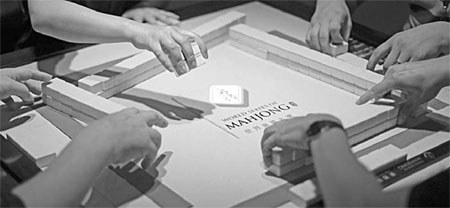Chinese culture scoring points abroad with mahjong
Updated: 2014-11-03 16:34
By Erik Nilsson(China Daily USA)
|
||||||||
|
Players compete in the 2010 World Series of Mahjong at the Venetian hotel and casino in Macao. Mahjong's rules vary from place to place throughout China, and even more widely around the world. Ed Jones / AFP File |
A joke in Sichuan province says passengers aboard any plane descending upon the capital, Chengdu, will hear clicks and clacks.
The punch line plays up Sichuan's omnipresence of mahjong - a game making international headlines as local media urge officials to refrain from playing and foreigners are beating Chinese at international tournaments.
Netizens responded to calls for civil servants' abstention by half-joking: "How will Sichuan's officials live?"
Six months after the 2008 earthquake - the first of 15 visits - I peered into the windows of temporary houses to find survivors gathered around mahjong boards. Locals told me many resumed gaming the day after the disaster. Tables were set up even before rescue tents.
The most successful livelihood project recipient of an NGO assisting people disabled in the disaster was a mahjong shop opened by a man who lost his arm.
Another NGO working with heroin addicts in Sichuan's Emeishan told me the beneficiaries' No 1 wish was a mahjong table for their center. But the organization felt it couldn't oblige, since it'd appear it was sponsoring sloth among drug users.
While Sichuan is China's mahjong capital, China is the world's. China's stinging defeats at this year's European Mahjong Championship agitated dispute about luck versus skill.
Personal experience suggests that, while providence plays in, aptitude matters. Chinese friends love playing me - because they always win. To hone my abilities, I turned to apps.
Every app labeled "mahjong" in English I downloaded proved a misnomer. The dozen I sampled were matching games that had nothing to do with the Chinese pastime beyond featuring tiles. I had no such problem when I searched using Chinese characters.
This points to a market need for real mahjong apps in English and other languages, which could accelerate the pastime's internationalization - the briskness of which can already be tallied by the European tournament's rankings.
While many see the Chinese loss in Europe as a national humiliation, it can be a point of pride. China may not win all over the world but has won over the world.
Ultimately, the contest's loss shouldn't be viewed in the context of a zero-sum game but rather one in which a cog of Chinese culture is scoring points around the globe.
A situation enthusiasts across the planet lament is the lack of rules' standardization. Mahjong's rules vary throughout China like dialects. The rules, like languages, vary even more widely throughout the world, as countries develop respective rubrics.
Some experts say mahjong is like a language, one that enables four (in some foreign versions, three) proficient people who couldn't verbally communicate to converse as long as they have a board and tiles.
Yet they point out the proliferation of mahjong pidgins and parlances makes this more difficult.
Say the players are respectively disciplined in American Mah Jongg (distinctive jokers and melds), Japanese richi mahjong (unique "ready hands" and bonus tiles), Vietnamese mat chuoc (16 extra tiles) and the Australian Navy's Pussers Bones (streamlined).
They may draw a blank - literally, as blank tiles generate the most divergence among rulebooks. Getting the gist of divergent yet largely overlapping mahjong vernaculars may not be enough for this foursome to play a glib game - hence the call for homogeny.
But perhaps a Tower of Babel constructed on the mahjong board is better built up than torn down. Localization can prop up mahjong's internationalization.
Regional rule variants develop for a reason, rather than in a vacuum. And they can proliferate while, simultaneously, more people coalesce around a dwindling number of increasingly dominant rulebooks.
This enhances the chances that in a world increasingly interconnected by the Internet and airlines, mahjong tiles' click-clack may be heard more around the globe. Maybe it'll prompt jetsetters to crack new jokes.
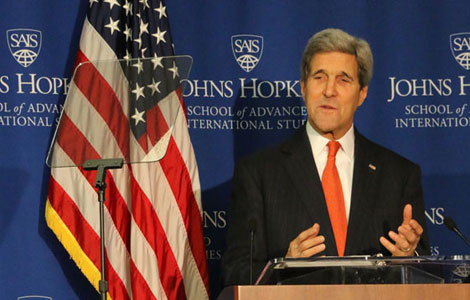
 John Kerry speaks about US-China relations
John Kerry speaks about US-China relations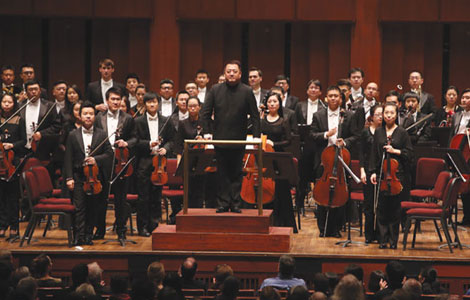
 China orchestra plays in Washington
China orchestra plays in Washington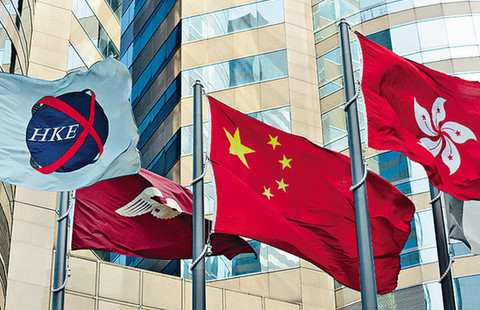
 Top 5 sectors that will ride on top of 'through train'
Top 5 sectors that will ride on top of 'through train'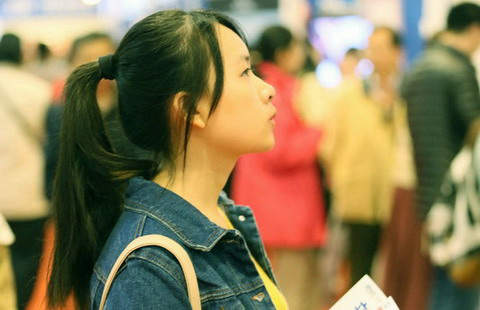
 Forum Trends: Should students study abroad?
Forum Trends: Should students study abroad?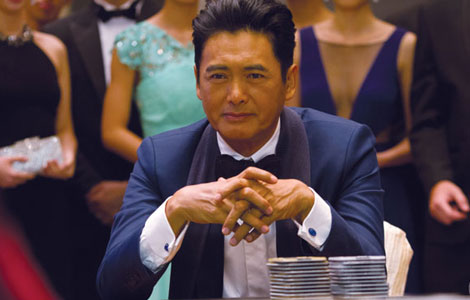
 Hong Kong films to take center stage
Hong Kong films to take center stage
 Healing through art at UN
Healing through art at UN
 Lucie photo awards presented in New York
Lucie photo awards presented in New York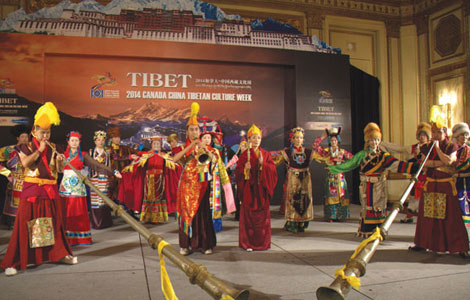
 Tibetan culture to take center stage
Tibetan culture to take center stage
Most Viewed
Editor's Picks

|
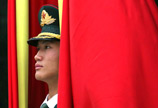
|

|
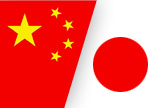
|

|

|
Today's Top News
Alibaba Q2 revenue surges
Healing through art at UN
China orchestra plays in Washington
Asian American seeks RI governorship
Chinese envoy urges to enhance nuclear safety
US packer opens new plant in China
Mandarin in six months? Can it work?
New agency to strengthen graft fightus
US Weekly

|

|
